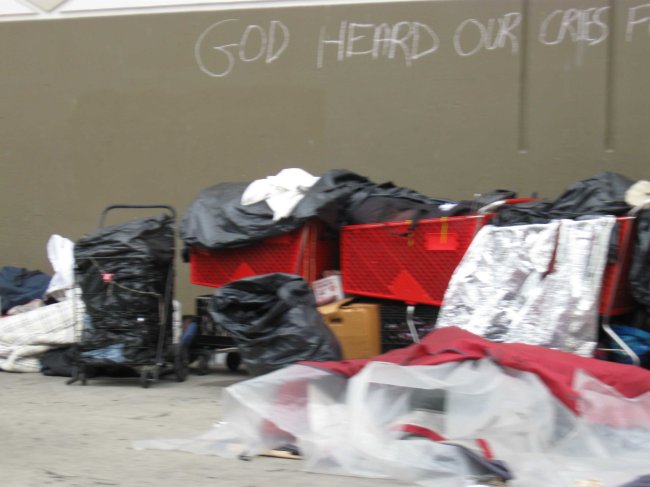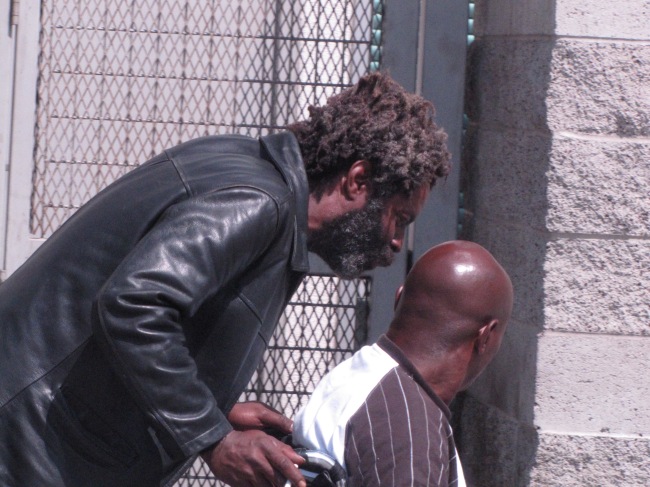Perks of Blessings by Kaze Gadway
I remember visiting my uncle’s dairy farm as a child. My father told me that he had to get up early every day, including Sundays, to milk cows. “Days off are not an option” he says.” When you have crops or animals, your responsibility is to care for them regardless of how you feel or what you want. You can’t whine that you don’t feel like it. The cows will remind you by crying.”
He concluded, “Never forget that there are hardworking people who do not let sickness or feelings get in the way of work.”
I don’t know why I remember the scenes that I do but this one has never left me. I assumed that I would always be in a work situation where I complete my work regardless of how I felt. Over the years I discovered that perks and rights have crept into our work ethic in this country.
“You have a right to take a little time for yourself,” has been told to me many times. It is not that we do not have to take care of our health. Or that we do not grow physically incapable of doing all that we used to do. But, there is a difference in our fundamental understanding of total responsibility toward the work we have accepted. My uncle arranged for someone else to take care of his cows when he could not. He did not walk away and say “I have a right to a break.”
I am not advocating a change in our work week or perks in our jobs. I reflect on my basic attitude toward responsibility and how I got that way.
On Good Friday, I waited in the sun for those who could walk the stations of the cross in downtown Albuquerque. Desertion flitted through my mind several times. “Why don’t you just go home? You don’t have to sit here waiting. No one will know if you left. Everybody understands if you just leave.” At that point those crying cows in the barn came to mind. There is no way I could just leave. I am not shaped that way.
That day, homeless people greeted me as I sat on the steps. We talked about food and shelter and weather and sidewalks. I discovered that if I mention that my knees hurt, we have great conversations on their aches and pains. If street people want to eat, they have to get up and stand in line over and over again. They have to leave the sidewalks in the morning, pack up their belonging and leave before the police come. They have to find food and shelter every single day. Their feeling and degree of sickness do not stop them if they are to survive. They help each other to move, to find food and shelter and to be protected. They have no days off. Their work responsibility is to survive and to help others survive. They share their clothes, blankets and food with others.
The least I can do is to stay at my post as long as possible and to find others to cover my work when I cannot do it.
It is in my blood and bones to do so. My perks are the blessings that shower me.
. I am retired and can physically be on the streets. That is my job. And I thank all the people this year who have sent us visa and MC and Walmart gift cards to help with the homeless. Being able to hand out socks, blankets and food have been survival to those on the streets. Together we are doing our jobs as faith people, caring for those who are vulnerable.
Thank you cows for reminding me.
























